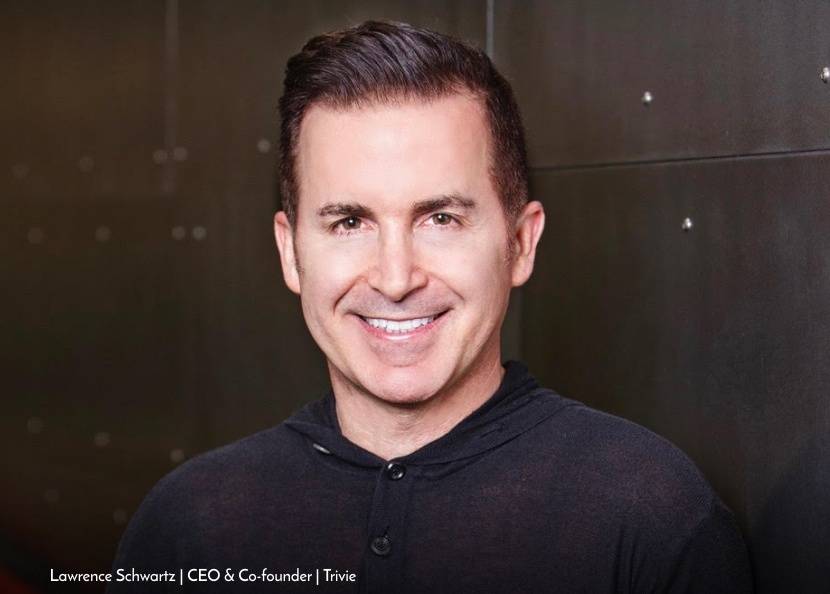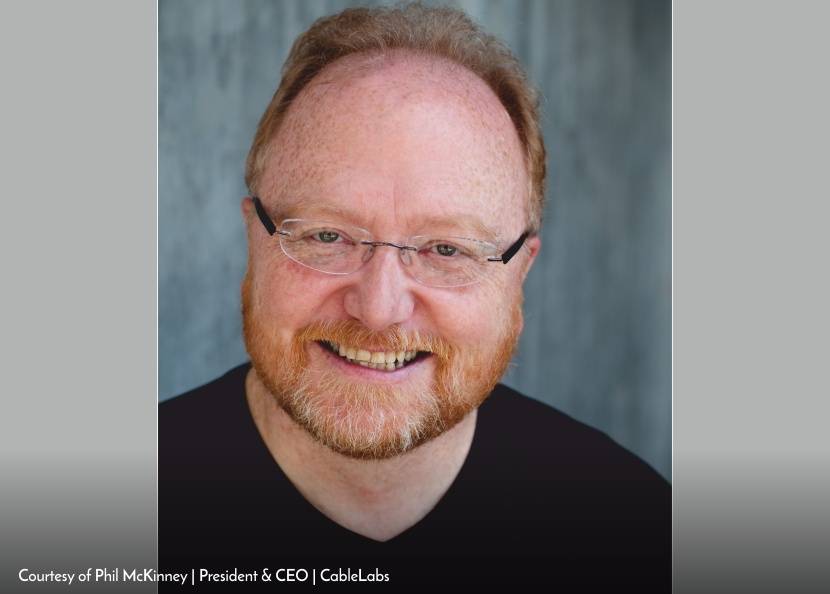Trivie: Helping Employees Remember Training

Traditional learning is flawed because people forget. It’s natural, and decades of research shows that the forgetting happens extremely fast. Furthermore, just taking a test at the end of a training event only measures a person’s comprehension and retention of information at that moment in time—but what does that same person remember on the topic three months later?
Back in 2012, Trivie was incepted as an answer to this question. The application-based company was a simple idea with a clear vision – to develop a trivia game that is fun, fast-paced, and social.
With its original game launch, the team at Trivie realized that it was helping people learn and remember a wide-variety of topics and the analytics showed that they were remembering the information for longer and longer periods of time. This made the vision clear for the company, “We wanted to help people engage and remember information longer while also enjoying the process of learning. Our focus [as a company] became to help businesses do the same, so they could dramatically improve employee performance,” mentions the CEO and Co-founder of Trivie, Lawrence Schwartz.
Continuous Expansion
Soon after the company had launched, it started getting great feedback from millions of people that downloaded the quiz-based game. By 2013, Trivie’s consumer Focused game, Battle of Wits, was one of the fastest growing apps of all time and became the #1 game on the Apple App Store. During this time, the analytics helped the company recognize that people were actually learning and building their skills over time on a wide variety of topics. “We knew we were onto something.”
In 2015, the company introduced Trivie for Business and focused on giving companies the visibility on what their employees know and don’t know, and helping them remember training longer. Today, Trivie offers its platform, algorithms, and tools to help companies better engage with their employees through fun quiz games in order to remember important training so they can better impact on the business. However, Trivie truly realized that it was onto something when one of its clients, a Fortune 200 corporation, reported that their divisions using Trivie showed 93% knowledge retention gain and a 22% decrease in training time. Speaking about this achievement, Lawrence recalls “This was great news to our team! Our mission is to help companies strengthen long-term knowledge retention from their training programs. This was the first time a company reported back to us on the value of Trivie and how we were helping them have more effective training results.”
Hiring the ‘Right’ People
“I know it’s cliché, but businesses truly succeed or fail because of the people,” Lawrence exclaims. When an organization hires great people, all one needs to do is make the goals clear and rewards meaningful. Smart people are resourceful; whereas, smart and committed people are unstoppable. The team members at Trivie fall into the latter category.
Lawrence dives deep to explain the building blocks of Trivie:
Lead with empathy – The day your employees stop bringing you their problems is the day you have stopped leading them. Whether it’s questions related to their jobs or issues outside of work, Trivie always makes it a company philosophy to have empathy for each and every person—not sitting around a campfire and holding hands per se, but just being compassionate human beings.
Be a problem-solver – If leadership is always involved in the solution, it will never foster greatness or job satisfaction in your people. If there is a problem, solve it. Take risks. If the solution fails, that’s okay—we can go a different direction and try to solve the problem another way. As Mark Cuban once said, “You only have to be right once.” Trivie tries to get something right every day.
Be a conflict crusader – In today’s workplace, many employees downplay their ideas, their thoughts, and their passions for fear of being labeled as too assertive at work. At Trivie, this is thought of as being passionate. Lawrence wants and expects every team member to be extremely passionate about the company, challenge the status quo, and never fear conflict in order to make the company better.
Be transparent – If you trust the people you work with and are completely transparent, anxiety in the workplace is greatly reduced. People focus on their tasks, rather than the workplace politics and security of their jobs.
An Entrepreneur at Heart
As a kid, Lawrence did the typical jobs like selling lemonade and old toys. As he entered into his teens he worked in a grocery store, a clothing store, and a few restaurants in high school. He then started his own T-shirt company in college before getting his first real job at a large ad agency in Dallas.
“That first real job was a great learning experience. I got fired after six months because “I had too many ideas and needed to know my place.” Humbled, I licked my wounds and ended up working at a couple different large companies for the next 10 years learning about sales, operations, management, and how to work in a team environment. But, in the end, I always have been somewhat uninspired by rote tasks and playing it safe, so back in 1996, I cut the cord and decided to follow my passions as an entrepreneur.”
Lawrence’s world centers around his family, his company, and his health. “Being an entrepreneur means that you’re never “off the clock” and that every conversation has a potential connection to your business. I realize that sounds a little neurotic, but it appears to be in the DNA of any entrepreneur—and I love it. Fortunately, my wife and children know that about me and realize that the unpredictability of being an entrepreneur keeps me focused and happy,” he adds.
“DID YOU TRIVIE?”
According to leading industry research, moving forward there is going to be a seismic shift in learning, from standard prescribed training methods, to always on, 100% personalized and continually reinforced learning. It won’t be about training per se, but more about understanding what people actually know and how to increase and sustain that knowledge.
Following the footsteps of the company’s mission of helping people to better engage with learning and remembering information longer, if the training is not reinforced, a company shouldn’t train at all. “That’s where we fit in and where we will stay focused in the upcoming years—making the training stick, the learning long-lasting, while enabling companies to achieve greater impact and effectiveness from their training programs. Basically, after a training event the important question will be, “Did you Trivie? [Did you make sure the employees will remember it.] If you don’t remember it, there is no benefit to the business.” Lawrence concludes.





